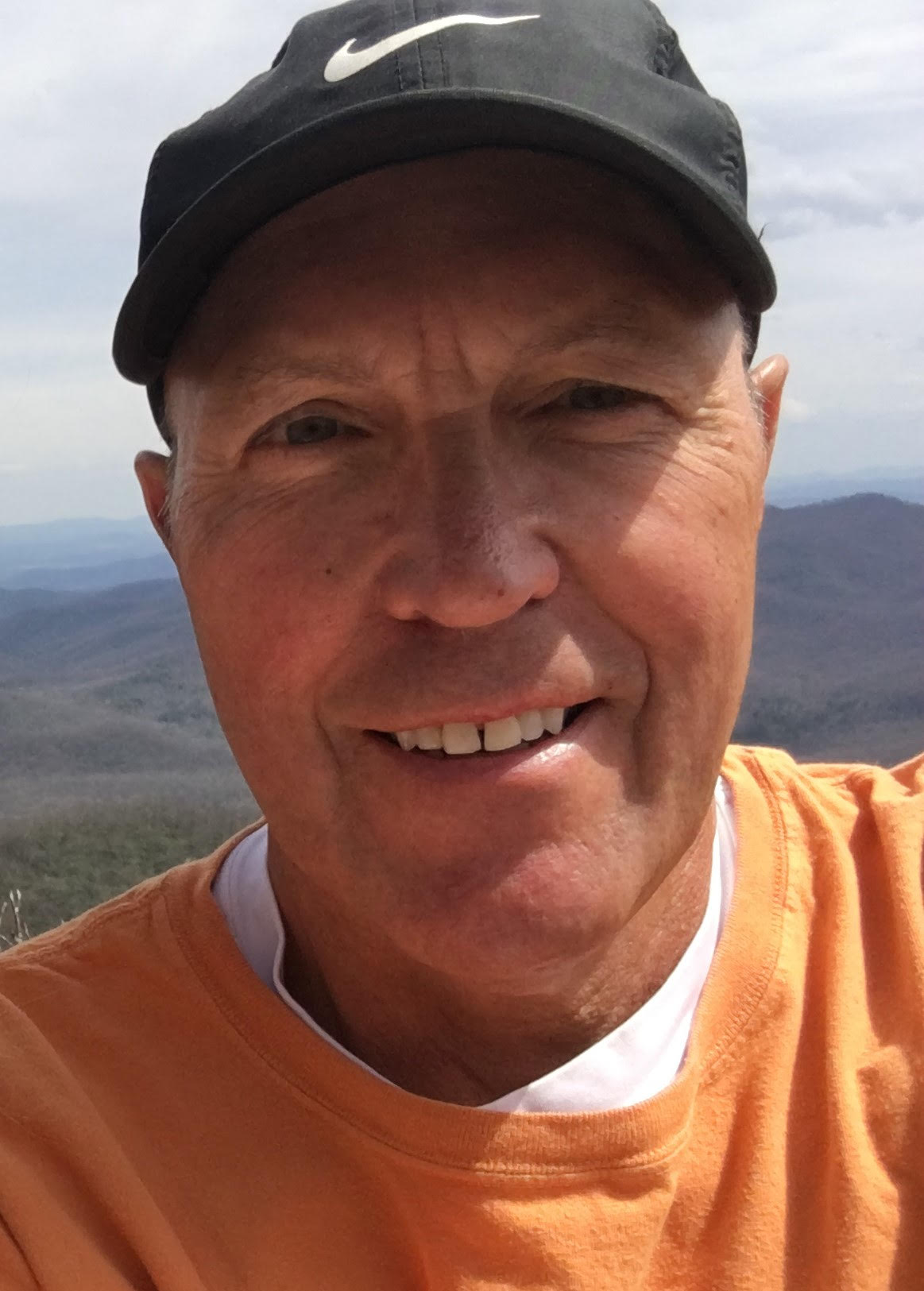By Ken McDonnell
 Achieving racial justice and climate justice are intertwined because the systems that caused the climate emergency are racist. Fossil-fuel infrastructure – businesses like fracking, natural gas pipelines and compressor stations, oil extraction and refining, dirty industries like steel and auto manufacturing, and countless others – more likely than not are built in neighborhoods and communities populated by people of color and Indigenous groups that endure poverty, and poor schools and medical care. In turn, marginalized communities are hardest hit by the by-products of these powerful businesses — deadly air and water, heavy truck traffic, and other compromised quality-of-life factors.
Achieving racial justice and climate justice are intertwined because the systems that caused the climate emergency are racist. Fossil-fuel infrastructure – businesses like fracking, natural gas pipelines and compressor stations, oil extraction and refining, dirty industries like steel and auto manufacturing, and countless others – more likely than not are built in neighborhoods and communities populated by people of color and Indigenous groups that endure poverty, and poor schools and medical care. In turn, marginalized communities are hardest hit by the by-products of these powerful businesses — deadly air and water, heavy truck traffic, and other compromised quality-of-life factors.
Powerful people know that exploiting marginalized communities is the fastest route to even more power. About 400 years ago, American slave traders started kidnapping African people by the millions and shipping them in unspeakable, sometimes deadly conditions to America. Once here, they were for generations enslaved to provide free labor, largely for the burgeoning cotton industry. Countless slaves died in servitude from starvation, beatings, or exhaustion. Many women were raped by their masters. Yet many of our founding fathers were slave owners themselves, despite proclaiming that all men are created equal. Counter to the accounts told in our school books, our forebears set in motion what is in many ways a shameful American history.
Black and Hispanic Americans have been suffering in disproportionate numbers ever since. According to a 2019 study published by the National Academy of Sciences of the USA, air pollution is disproportionately caused by white Americans' consumption of goods and services, but disproportionately inhaled by Black and Hispanic Americans. Why do those contributing less to the problem suffer more from it?
Money and power work to keep our social and economic systems unjust. The rich and powerful extract value from the natural world ultimately to benefit people like themselves. Who pays? Black, Brown and Indigenous Americans, the poor, and other marginalized communities have been paying with their lives for the continued comfort of people in power.
Later, in the early 1800s, American cotton farmers wanted desperately to expand their holdings to millions of acres of rich farming land in Georgia, Tennessee, Alabama, North Carolina and Florida. Just one speedbump: the “Indian problem” – the Native Americans who had occupied and cultivated these lands for generations.
Finally, in the 1830s, President Andrew Jackson ordered the removal of all Native Americans living on these lands – some 125,000 men, women and children – marching them at gunpoint thousands of miles on a “trail of tears” to specially designated “Indian territory” across the Mississippi. Plainly said, white Americans stole the land of native peoples, murdering and sickening millions of them in the name of “progress.”
The climate emergency is a symptom of the same system of haves and have-nots. It’s what happens when people in power view the lives of everyone else, particularly marginalized people and non-human species, as expendable, to benefit shareholders’ profit and win political votes. These truths are painful to look at, but it’s more painful to watch a loved one die on the street with a knee to the throat. As we know, Americans of color are killed by police and are dying from the coronavirus at more than twice the rate of white Americans.
Solving the climate emergency must include ending racism. As climate advocates, it’s all the more important that we work aggressively to reform the existing system and replace it with one that repairs past harms and redistributes power meaningfully in favor of people of color and other marginalized communities. Every one of us who benefits most from how things are right now has a deep ethical responsibility to insist on doing away with laws, cultural norms, and institutions that promote or condone racism.